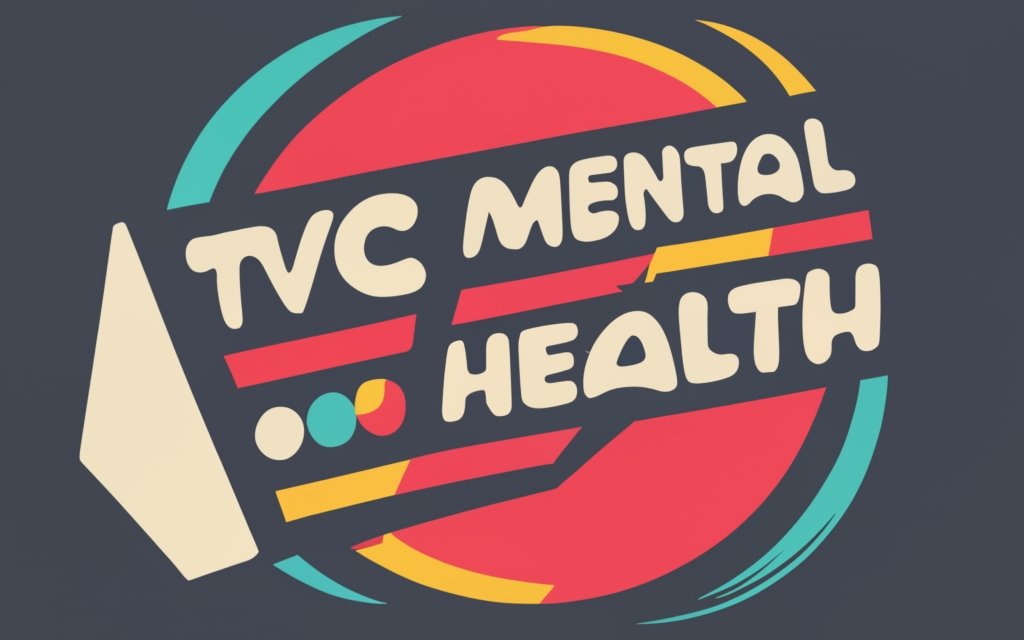The pandemic has brought the mental health of workers into focus. Anxiety, depression, and burnout are on the rise in the workforce.

Managers know it's an ethical imperative to take care of people, but it also makes sense from a business perspective to promote mental health. Unresolved mental health issues can reduce productivity, increase absenteeism and staff turnover, and damage the company's reputation.
Yet companies find it challenging to prioritize mental wellbeing. Short-term goals often take precedence over the long-term health of the workforce. Costs such as employee benefits and wellness programs are viewed as expenses rather than investments. This mindset is beginning to change.
The TriValue Company model offers a blueprint for companies to integrate mental health into their core business strategy. This innovative model is based on three pillars of value creation: Customer value, Company Value, and Workforce Wellbeing Value. Companies should aim to improve all three values simultaneously.
Workforce Wellbeing Value includes specific mental health indicators such as psychological wellbeing, social wellbeing, purposedriven wellbeing, and changeability. When leaders track and optimize these metrics along with profits and customer satisfaction, mental health is no longer neglected. Initiatives to improve employee mental well-being directly support other business goals such as employee retention, productivity and innovation.
Stress management training not only helps employees manage their anxiety, but also improves their focus, performance and service quality. The TriValue approach highlights these win-win opportunities. Companies can address the root causes of poor mental health instead of just treating the symptoms.
Equally important is creating a culture of meaningfulness, inclusion and trust. Employees should feel safe to address mental health issues without stigma. Managers cannot assume that people will just "get over it." Promoting mental well-being requires ongoing efforts, not one-time programs. In the long run, however, it leads to higher employee satisfaction, better customer experiences and sustainable company performance.
With the TriValue Company model's holistic view, companies can transform mental health from a hidden cost to a source of value creation. Empowering employees is not just an ethical bonus, but a growth strategy for the company. The message is clear: in today's economy, mental health matters and should be a crucial and non-negotiable part of any organization.
